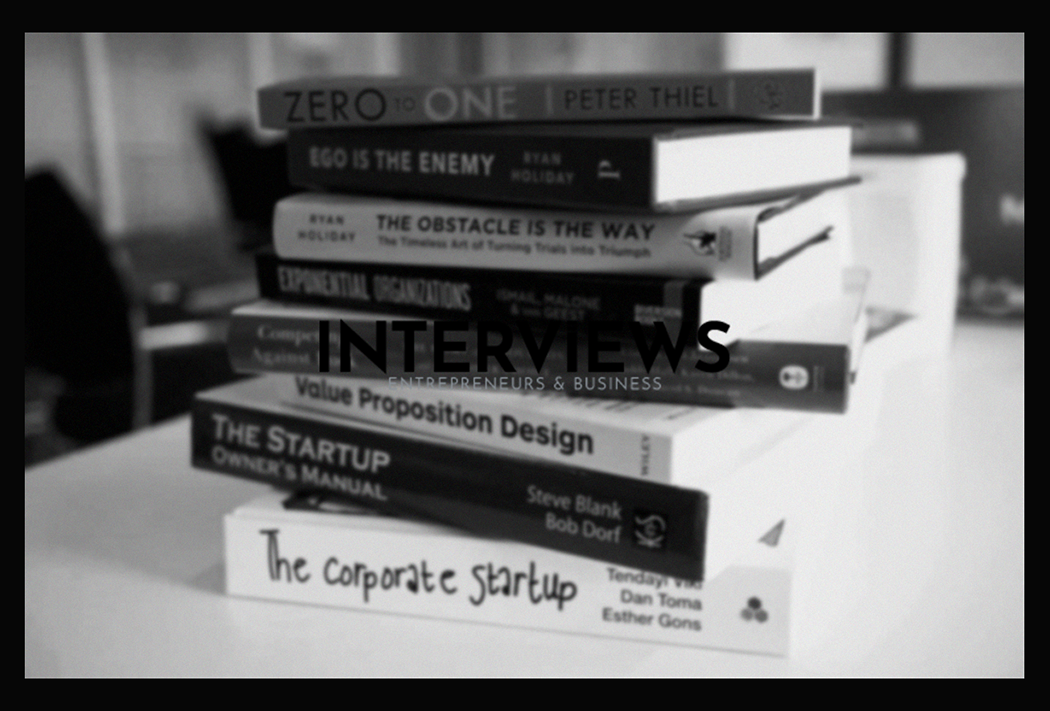Unlock Your Entrepreneurial Dreams: The Only Business Booklist You’ll Ever Need (Probably)
Got the entrepreneurial itch? Great! You’re ready to jump into the chaotic world of starting a business. But wait. Don’t quit your job or spend all your money just yet. First, arm yourself with knowledge. Trust me, winging it is not effective.
That’s where books come in. Think of them as your secret weapon. They are your Yoda, guiding you through the business landscape. With millions of business books available, where do you start? Fear not! We’ve compiled a list of must-reads to help you navigate the startup jungle safely.
The Foundational Five (Plus a Few Bonus Tracks)
If you’re serious about business, these books are essential. They’re your entrepreneurial vitamins for growth and survival.
The Lean Startup by Eric Ries: This book is the bible for modern startups. Ries shows you how to build a company by testing your ideas based on real feedback. It’s the scientific method for business. This book is crucial for turning your idea into a sustainable venture.Start with Why: How Great Leaders Inspire Everyone to Take Action by Simon Sinek: Why do some companies resonate deeply with people? Sinek says it’s all about “Why.” Finding your purpose inspires customers and employees. It’s not only about what or how, butwhy you create your business.The E-Myth Revisited: Why Most Small Businesses Don’t Work and What to Do About It by Michael Gerber: Spoiler: most small businesses fail. Gerber explains why. Often, entrepreneurs workin their business rather thanon it. This book teaches you to be a true entrepreneur, building a business that thrives without you.The Mom Test by Rob Fitzpatrick: Want to know if your idea is good? Don’t ask your mom. Fitzpatrick teaches you to ask the right questions for honest feedback, excluding the bias of friends and family. Validate your idea without false positives.The Hard Thing About Hard Things by Ben Horowitz: Starting a business isn’t easy. Horowitz shares real, tough advice on firing people, dealing with competition, and leadership decisions. Consider this your reality check for your entrepreneurial journey.Zero to One by Peter Thiel: From PayPal co-founder Thiel, this book challenges norms. He pushes you to create truly innovative businesses, aiming for monopolies instead of small improvements. It’s a mind-bender but worth it.
Bonus Tracks for the Aspiring Mogul:
Mastery by Robert Greene: For mastering any field. Greene examines historical masters to extract principles of achieving mastery. Essential for long-term entrepreneurial success.Business Model Generation by Alexander Osterwalder & Yves Pigneur: Need to design or pivot your business model? This book offers a practical framework to innovate your model. It’s like a blueprint for your business.Build to Last by Jim Collins & Jerry Porras: Want to create a timeless company? Collins and Porras studied enduring companies to uncover what sets them apart. This book is a guide to building a truly great organization.
Want more recommendations? Goodreads has a fantastic list of The 100 Best Business Books of All Time. Dive in!
Business Books for Beginners? Start Simple, Stay Hooked.
New to reading for business? Don’t start with a dense textbook. Choose something engaging and easy. It’s like learning a language. You start with basics, not Shakespeare.
Just like beginner readers enjoy
What Actually Gets Covered in These Business Books?
Business books address real-world problems and offer actionable solutions. Expect to explore:
- Productivity & Time Management: Like in
Getting Things Done: The Art of Stress-Free Productivity . As an entrepreneur, you’ll juggle many tasks. - Marketing & Influence: Learn how ideas spread and how to persuade others, as discussed in
The Tipping Point: How Little Things Can Make a Big Difference andInfluence: The Psychology of Persuasion . Crucial for product visibility. - Mindset & Success Psychology: Your mindset is key. Books like
Think and Grow Rich andOutliers: The Story of Success examine habits and mindsets of successful people. - Habit Formation: Building good habits and breaking bad ones is essential, as explained in
The Power of Habit: Why We Do What We Do in Life and Business .
Before You Even Crack Open a Book: Do Your Homework!
Reading is helpful but not a substitute for research. Before you choose a business book, research your business idea. The Hartford Insurance suggests conducting research on your business idea.
Why is this important? Knowing your market helps you:
- Understand your customers’ needs: What problems do they face? What solutions seek?
- Identify potential problems with your product or service: Find issues before investing heavily in solutions.
Think of market research as warm-up reading. It provides context and helps apply the knowledge you gain more effectively.
Books of Original Entry? (Accounting Nerds, This One’s For You)
Let’s get technical for a moment. “Books of original entry” refers to places where you first record transactions – like journals and daybooks. Transactions are recorded here before entering the ledger. Important for managing finances but maybe not for your initial book list unless delving into accounting.
Real Talk from the Trenches: Startup Founder Wisdom
Books provide theory, but sometimes you need real experiences. The Muse gathered advice from 17 startup founders, and their insights are gold. Here are some gems:
- “Starting a Business is Stressful.” No surprise there. Expect a wild ride.
- “Pay Attention to the Small Things.” Details matter. Overlooked details can come back to bite you.
- “Hire
- to Your Weaknesses.” Don’t be a jack-of-all-trades. Build a team with complementary skills.
Keep these startup rules in mind:
- The 90/10 Rule: Aim for 90% of the solution with 10% of the effort. Perfection slows progress.
- The Golden Rule of Startup Fundraising: Raising capital relies on relationships, showing value, and data-driven choices. It’s a team effort.
There you have it. Your essential business book toolkit infused with real-world advice. Read, learn, and build something amazing! Remember, every successful entrepreneur started somewhere – often with a good book (or two).





